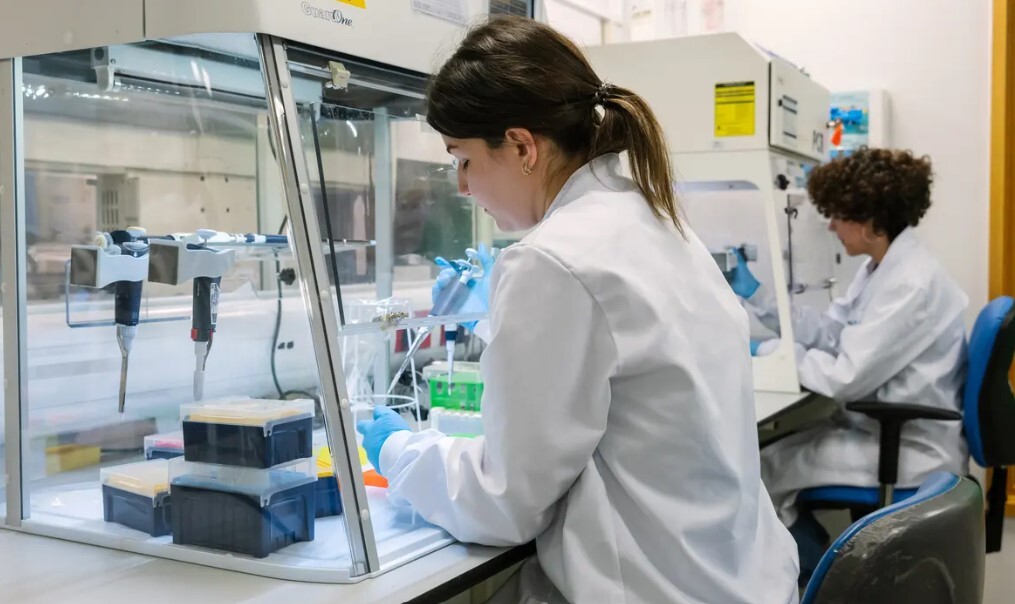


As the UK works to establish itself as a research superpower, worries about the negative consequences of its immigration policies are starting to surface among the scientific community.
Leading the charge is technology entrepreneur Ewan Kirk, who is the University of Cambridge's entrepreneur-in-residence right now and has expressed concerns about the direction things are going.
Kirk claims that there are obstacles with the current points-based immigration programme, based on his expertise in selectively selecting overseas STEM talent. He contends that drawing in the brightest minds later in their careers is the challenging part.
The business owner suggests a review and emphasises the importance of luring people in at an earlier age. He also suggests a change to a more welcoming immigration policy.
The tectonic change known as Brexit has resulted in high costs and restrictions on visas for PhD and STEM students from the EU.
Kirk laments the demise of cooperative programmes such as Erasmus Plus, emphasising the consequences of global cooperation in research and teaching. The business owner believes that Brexit will pose a significant obstacle to the UK's efforts to smoothly absorb talent from around the world into its scientific community.
The ten-year effort by the Conservative government to lower net migration—which includes including international students—is questioned.
Kirk highlights the financial burden that international students place on the higher education system and the difficulties that British universities must now contend with as a result. He criticises current regulations that he believes are harmful to the diversity required for a healthy innovation ecosystem, such as the restriction on dependents for postgraduate students.
Kirk emphasises the significance of implementation details in the complex world of government programmes. He opposes the recent increases in NHS surcharge and immigration processing costs, labelling them as "bad policy-making." The businessman urges the government to address the difficulties experienced by overseas students and supports a nuanced strategy.
Kirk's remarks, as the storm clouds roll in, reflect the belief that the UK needs to reconsider its present immigration policies to fulfil its aspiration of becoming a science superpower.
The realisation that luring and keeping top talent from around the world is essential to maintaining scientific excellence is being called for, in addition to legislative improvements.
Concerns have been expressed on how the prohibition of dependents for postgraduate students may affect the diversity of talents within the innovation ecosystem. Ewan Kirk emphasises how diverse individuals and a range of abilities are needed to create an ecosystem for creativity, and how the prohibition would make it more difficult to create such a setting.
Brexit has resulted in major changes, including increased costs and limitations on visas for EU PhD and STEM students. Students from one of the major source markets for these kinds of programmes now face obstacles as a result.